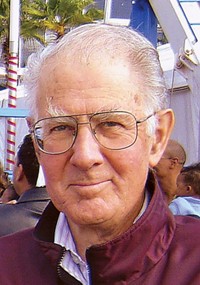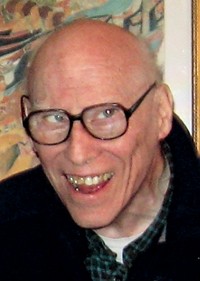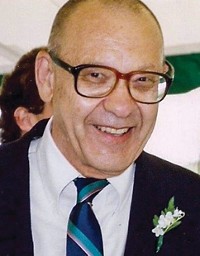Advertisement
Grab your lab coat. Let's get started
Welcome!
Welcome!
Create an account below to get 6 C&EN articles per month, receive newsletters and more - all free.
It seems this is your first time logging in online. Please enter the following information to continue.
As an ACS member you automatically get access to this site. All we need is few more details to create your reading experience.
Not you? Sign in with a different account.
Not you? Sign in with a different account.
ERROR 1
ERROR 1
ERROR 2
ERROR 2
ERROR 2
ERROR 2
ERROR 2
Password and Confirm password must match.
If you have an ACS member number, please enter it here so we can link this account to your membership. (optional)
ERROR 2
ACS values your privacy. By submitting your information, you are gaining access to C&EN and subscribing to our weekly newsletter. We use the information you provide to make your reading experience better, and we will never sell your data to third party members.
Materials
Alan MacDiarmid Dies At 79
Nobelist codiscovered plastics that conduct electricity
by Bethany Halford
February 8, 2007
Alan G. MacDiarmid, who shared the 2000 Nobel Prize in Chemistry for the discovery and development of electrically conductive polymers, died on Feb. 7.
MacDiarmid, along with fellow Nobel Laureates Alan J. Heeger of the University of California, Santa Barbara, and Hideki Shirakawa of Japan's University of Tsukuba, found that by doping polyacetylene with iodine, they could make the conjugated polymer conduct electricity with unprecedented ease. The discovery laid the foundation for today's cutting-edge display technology and next-generation radio-frequency identification tags.
The science was so ahead of its time that several of MacDiarmid's patents expired long before he could profit from their applications. "But if it's a matter of degree of importance in my life, money is about 1 out of 10, and scientific fame is about a 9.5 out of 10," MacDiarmid once said.
Born in Masterton, New Zealand, MacDiarmid's fascination with chemistry was sparked at age 10 when he stumbled across one of his father's chemistry textbooks from the late 1800s.
He later earned B.Sc. and M.Sc. degrees from Victoria University College in Wellington, New Zealand. A Fulbright fellowship brought him to the University of Wisconsin in 1950, where he earned one of two doctoral degrees—the other came from Cambridge University.
He spent more than five decades teaching and doing research at the University of Pennsylvania, where he was the Blanchard Professor of Chemistry.
"He was an eminent scholar, true gentleman, inspirational teacher, and lived his life to the fullest," says Marsha I. Lester, chair of the University of Pennsylvania's chemistry department.
"He was a remarkably warm human being," adds Paul Callaghan, director of the MacDiarmid Institute for Advanced Materials & Nanotechnology in Wellington. "That, combined with his scientific brilliance, made him a great promoter of science."
MacDiarmid died after falling down the stairs in his suburban Philadelphia home as he was rushing to catch a flight to New Zealand. Ill with myelodysplastic syndrome, MacDiarmid was expected to live only for a few weeks, and he wanted to visit with family and friends in his homeland.
MacDiarmid's first wife, Marian, died in 1990. He is survived by their children, Heather, Dawn, Duncan, and Gail, as well as his current wife, Gayl Gentile.






Join the conversation
Contact the reporter
Submit a Letter to the Editor for publication
Engage with us on Twitter